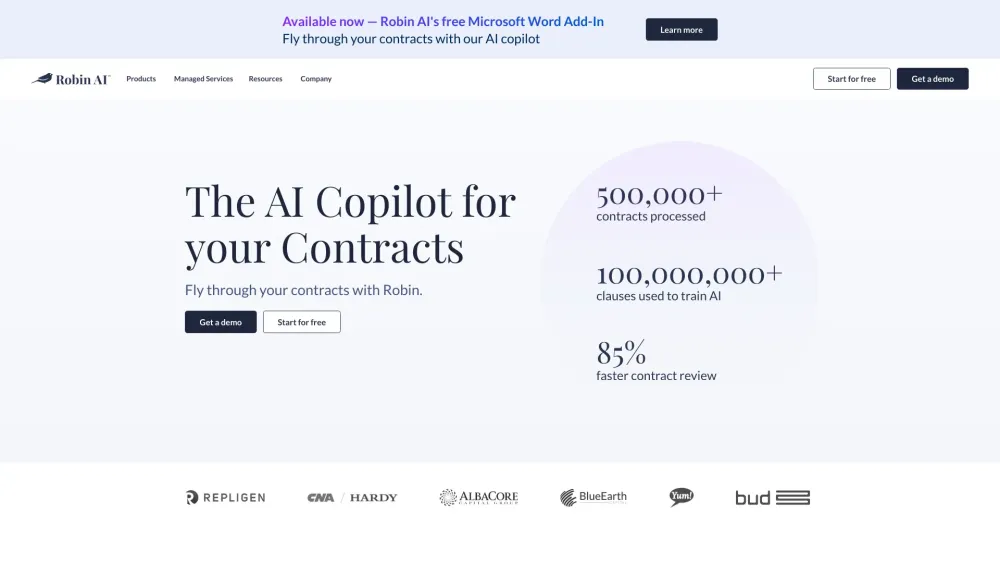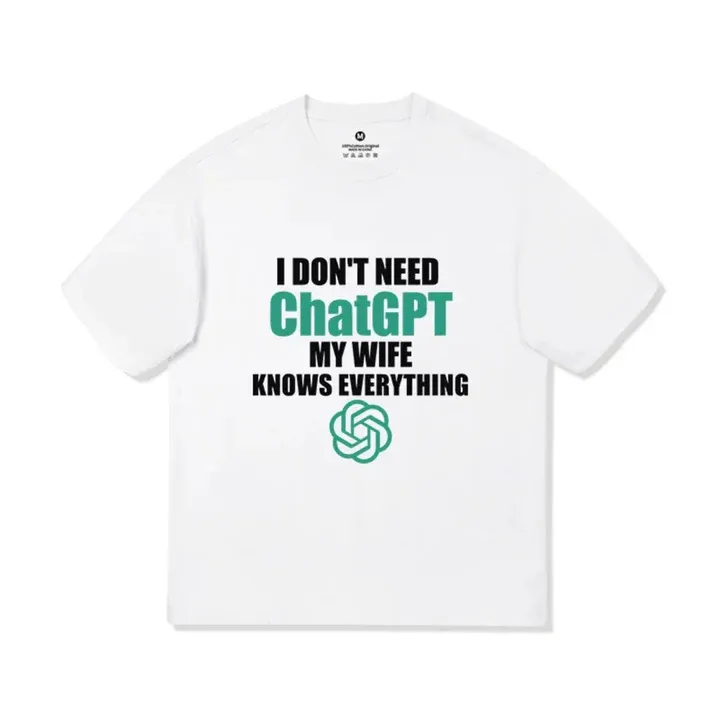Challenges in Traditional Pet Identification
Standard pet ID tools like tags and microchips have their limitations. Tags can easily detach, and many pet owners are hesitant about microchipping. Even those who opt for microchips may face issues such as chip malfunctions and outdated identification databases.
This challenge led innovators Jesse Joonho Lim and Ken Daehyun Pak to create Petnow, an app designed to identify cats and dogs by scanning their faces. Petnow has secured $5.25 million in funding from Daedeok Venture Partners and DigiCap, now boasting a valuation of $24 million and participating in the Startup Battlefield 200 at TC Disrupt 2023.
Founders’ Background
Before founding Petnow in 2018, Lim co-led a semiconductor startup, Chips&Media, which later aimed for an IPO. Pak, who also holds a doctorate in electrical engineering, brings over a decade of experience as a researcher in AI video processing to the team.
How Petnow Works
At its core, Petnow uses a camera-based scan of a pet's face via a mobile app available on Android and iOS. The app utilizes AI trained on a dataset of approximately 200,000 images of dog and cat snouts, gathered from both the Petnow team and users' pets. This training enables Petnow to generate a unique biometric profile for each pet.
To ensure accurate identification and minimize irrelevant captures, Petnow employs an algorithm that detects and focuses exclusively on dogs or cats while cropping out other elements.
Unique Identification Features
For dogs, Petnow captures a “nose print.” It’s claimed that a dog’s nose is as distinctive as a human fingerprint and remains unchanged over time, making it a reliable identification method. For cats, the app analyzes their “facial contour,” which Petnow argues stays unique due to individual grooming habits. This claim is somewhat debatable, however.
Future Implications
Lim and Pak foresee Petnow being used not just for pet registration without a vet visit, but also for locating lost pets and generating “pet IDs” for insurance verification. They noted, “The pet identification market may not be mature yet, but it will grow considerably. Pet identification technology is essential and has lasting value, unlike trends that fade quickly. The market is poised for growth, as pets deserve identifiers just like humans, and their data can support a comprehensive pet platform.”
Evaluating the Technology
But the pressing question remains: does the technology perform as promised? Petnow asserts that its algorithms achieve “99% accuracy” in identifying individual cats and dogs. Still, it's widely recognized that even advanced image-analysis AI systems may exhibit biases—whether intentional or not.
For instance, some facial recognition systems have mistakenly arrested individuals, particularly people of color, due to training datasets lacking diversity. Similarly, distinguishing between individual animals, even for experts, can be difficult. A study of 5,000 dog experts revealed that a mere few could accurately identify breeds based on DNA results.
Petnow claims its database is continuously expanding and employs AI to optimize photo quality. Addressing privacy concerns, the app reportedly does not share user or pet information with third parties without consent and offers an option for users to delete stored data. Additionally, Petnow cites a study co-authored by its data scientists published in IEEE Access, highlighting that its dog nose-print identification technology was over 99% accurate in differentiating noses.
The Future of Petnow
However, this study is from 2021, leading to questions about the dataset’s evolution. While Petnow is developing a companion paper for its cat face-recognition technology, that research has yet to be released.
The stakes are considerable—a misidentification could hinder a family’s search for a lost pet or lead a vet to access incorrect vaccination records.
Despite these risks, Petnow’s current adoption among pet care providers and shelters is limited. With approximately 70,000 users, it has only onboarded five undisclosed enterprise and public sector clients in France, Toronto, and South Korea, where the company is headquartered.
Currently pre-revenue with a monthly burn rate of $150,000, Petnow anticipates securing contracts with Korean pet insurers by October, along with pilot programs in France and a metropolitan Canadian government for pet registries.
“Post-pandemic, the pet population has expanded rapidly, and people are investing more time with their pets. The growth potential is immense,” Lim and Pak emphasized. “We’re pursuing government pet registries and partnerships with pet insurance providers in South Korea and preparing our product for North American and European markets.”
As Petnow and similar firms strive for accurate pet identification, it’s vital to meet these expectations. Failure to do so could mislead pet owners in a particularly disturbing manner.




